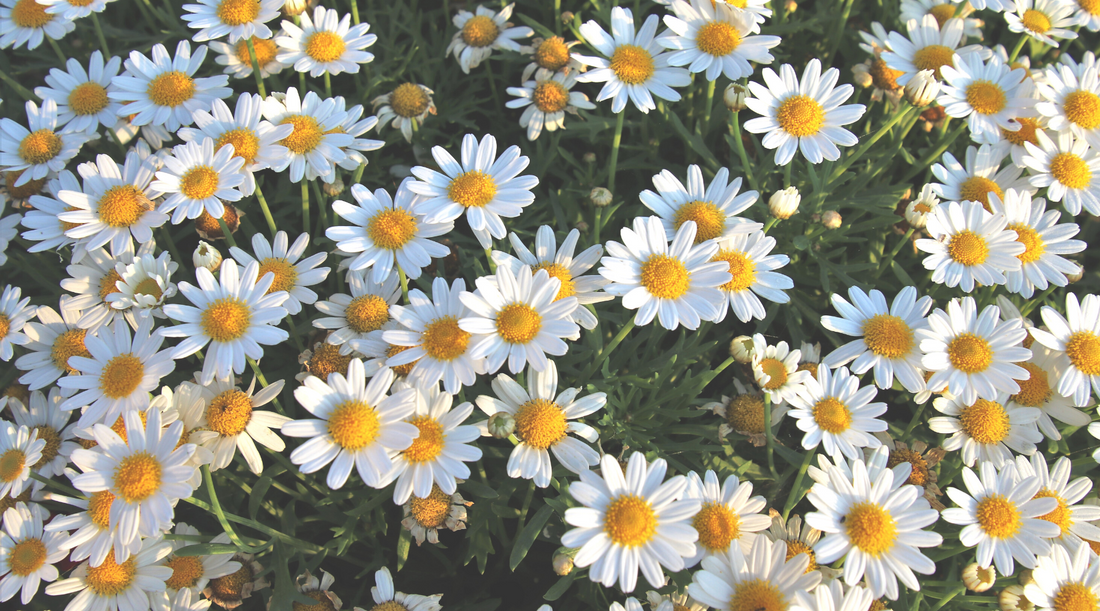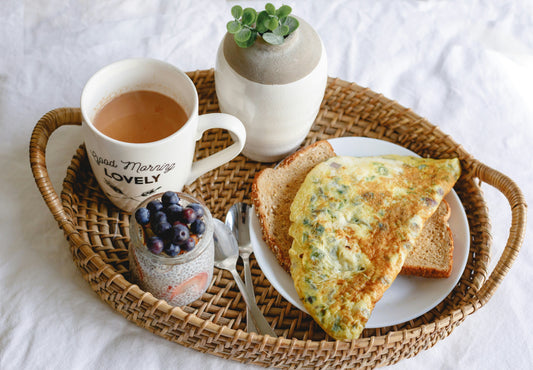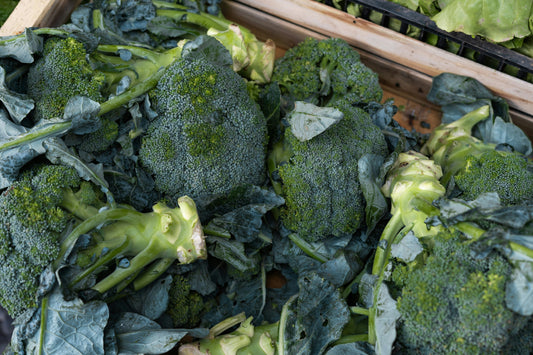
Herbs to help you handle PMS
Jessica Giljam-BrownChaste tree: Chaste tree helps to modulate hormones, improving menstrual regularity and symptoms associated with PMS. Chaste tree is available in tablet, capsule, or liquid form. Chaste Tree is not recommended for women with PCOS - it will likely make your symptoms so much worse! It is always recommended to consult a healthcare practitioner before using this herb as it is the one that I see misused the most often.
Peony: Peony is a hormone modulator, regulating signals between the brain and the ovaries to encourage healthy menstrual cycles. This herb also has anti-inflammatory, spasmolytic, and analgesic properties – meaning peony is beneficial in reducing PMS related symptoms such as menstrual cramping and breast tenderness.
Ashwaganda: The ride or die. Ashwaganda assists in modulating the stress response. Stress can have a profound effect on your menstrual cycle and aggravate symptoms associated with PMS. This herb can be used to enhance physical and mental wellbeing, particularly when stress, fatigue and anxiety are present. As women with PMS commonly present with anxiety, stress, and fatigue this herb may be helpful.
Dandelion: This herb is a diuretic, meaning it increases urine output. If you are experiencing PMS symptoms related to fluid retention such as bloating and swelling, dandelion may be a beneficial addition and is easily used as a tea.
Black Cohosh: Black Cohosh is typically used to treat symptoms of perimenopause such as hot flashes and night sweats. However, this herb can also be an effective treatment for women with low oestrogen or elevated androgen hormones.
St John’s Wort: St John’s Wort contains phytochemicals that act on messengers in the brain to regulate mood. This herb may be beneficial in PMS as it has been shown to improve mood-related symptoms such as anxiety, depression, mood swings, and irritability. It is not to be used alongside the contraceptive pill or antidepressant medication.
Turmeric: This herb may be beneficial in PMS as it has been shown to improve mood-related symptoms such as anxiety, depression, mood swings, and irritability. Although you can add this spice into stir-fries and curries, a medical herbalist can add this wee guy into a tonic to give you a therapeutic hit. Remember, when using turmeric make sure you combine it with black pepper and a source of fat to enhance absorption.
Saffron: Often described as ‘sunshine’, saffron is effective at improving mood-related symptoms due to its anti-depressant mode of action. Saffron can be beneficial in alleviating PMS-related symptoms such as anxiety, low mood, irritability, and mood swings. It is one of my favourite herbs for women, especially in the winter.
It is always recommended to use herbs under the guidance of a qualified medical herbalist. During a consultation, a professional will assess what symptoms you are experiencing in-depth and take a full health history to understand what herbs will be best suited to you. They will then formulate a beautiful tonic or tablet routine that is tailored to treat what you are presenting with, bringing your body (and hormones) back into rhythm. Buying herbs online with no advice is risky business! More often than not I see women worsen their symptoms and hormones by doing this - not to mention wasting hundreds of dollars.



